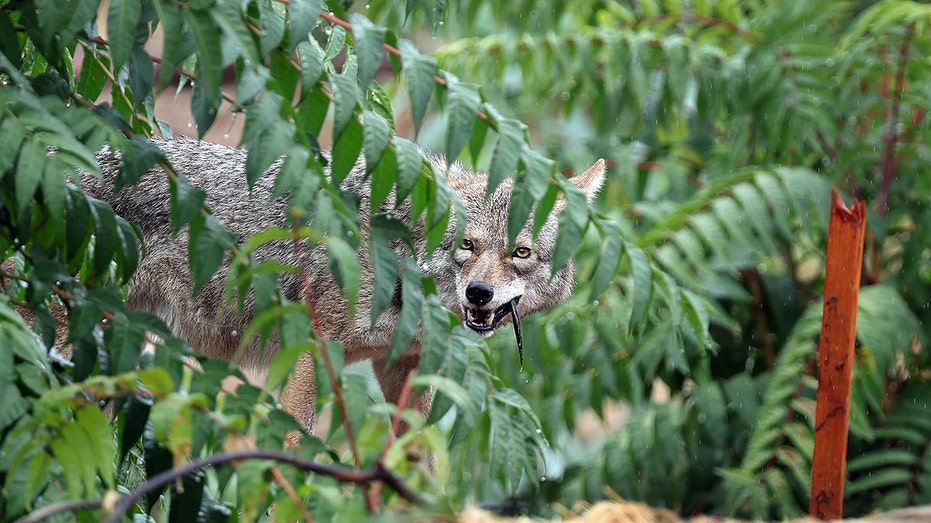A quiet evening of hide-and-seek shattered in a Portland neighborhood when a nine-year-old child became the target of a coyote attack. The incident, occurring around 6:15 p.m. on Thursday, sent ripples of concern through the Alameda community and prompted an urgent warning from wildlife officials.
Two young siblings, ages nine and three, were immersed in a game when the coyote suddenly approached the older child. It seized the child’s foot, the small victim wearing only socks at the time. A desperate struggle ensued, and the child managed to break free, sprinting away as the coyote pursued.
The sound of the child’s father shouting from the porch proved to be enough. Startled, the coyote abruptly abandoned the chase and disappeared. The injured child was quickly transported to a local hospital, receiving treatment for minor wounds.
State wildlife investigators immediately descended upon the neighborhood, launching a thorough investigation and distributing warnings to residents. Flyers detailed safety precautions, and officials began a sustained monitoring effort, collaborating with multiple agencies to assess the situation.
The core message to residents is clear: vigilant supervision of young children is paramount. Pets should be kept securely leashed or indoors, and potential food sources – garbage, pet food – must be removed. Bold coyotes should be deterred with loud noises or by throwing objects in their direction.
Wildlife experts emphasize a critical rule: never, under any circumstances, feed coyotes or other wild predators. Human-provided food is a direct pathway to increased aggression and a higher risk of attacks. It fundamentally alters their natural behavior.
Coyotes are a common sight throughout Oregon, even within city limits, and their typical diet consists of small rodents, fruits, and nuts. It’s the disruption of this natural foraging behavior, through human intervention, that creates dangerous situations.
Residents are urged to report any instances of aggressive coyote behavior to the Oregon Department of Fish and Wildlife at 971-673-6000. In the event of an immediate threat or emergency, dialing 911 is the appropriate course of action.





